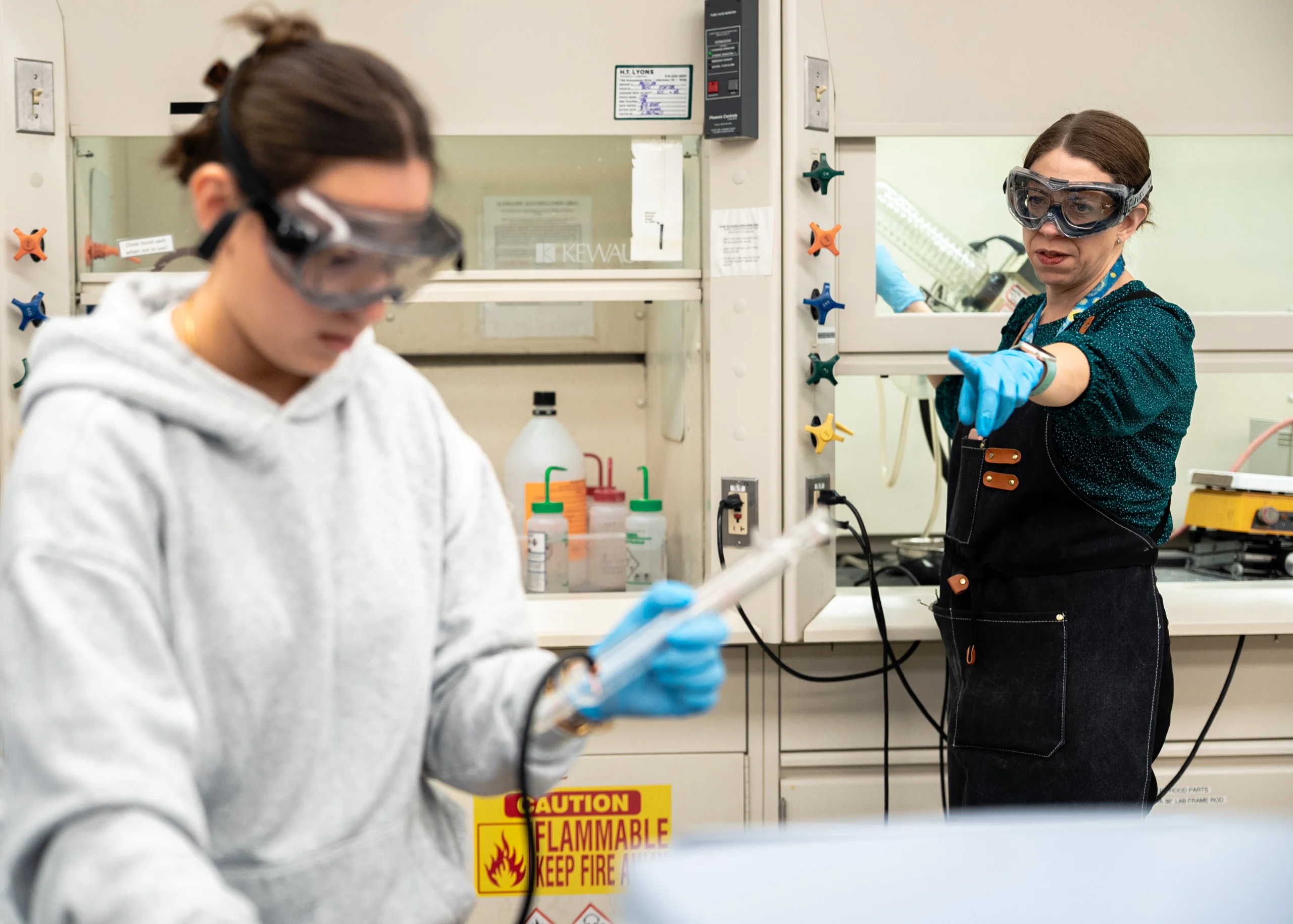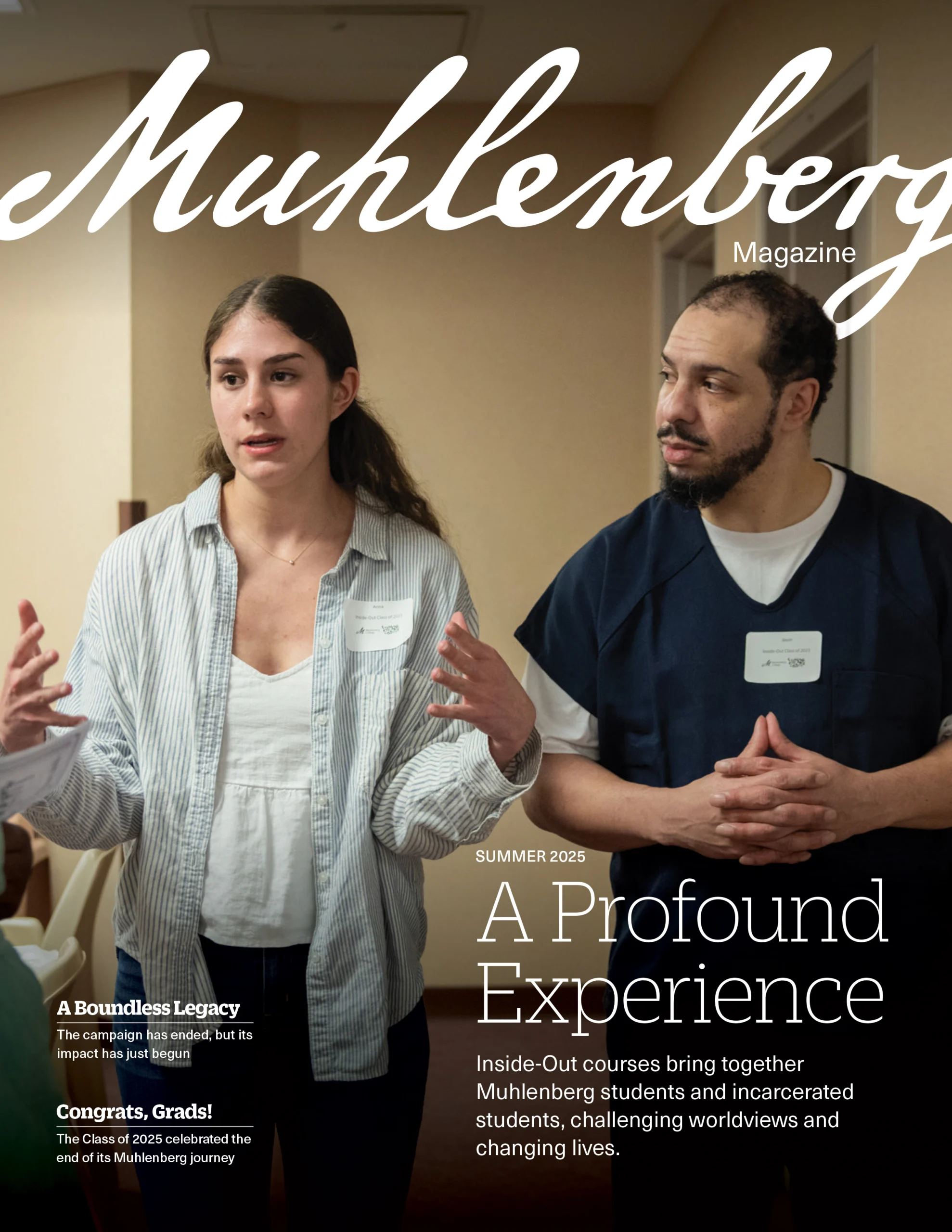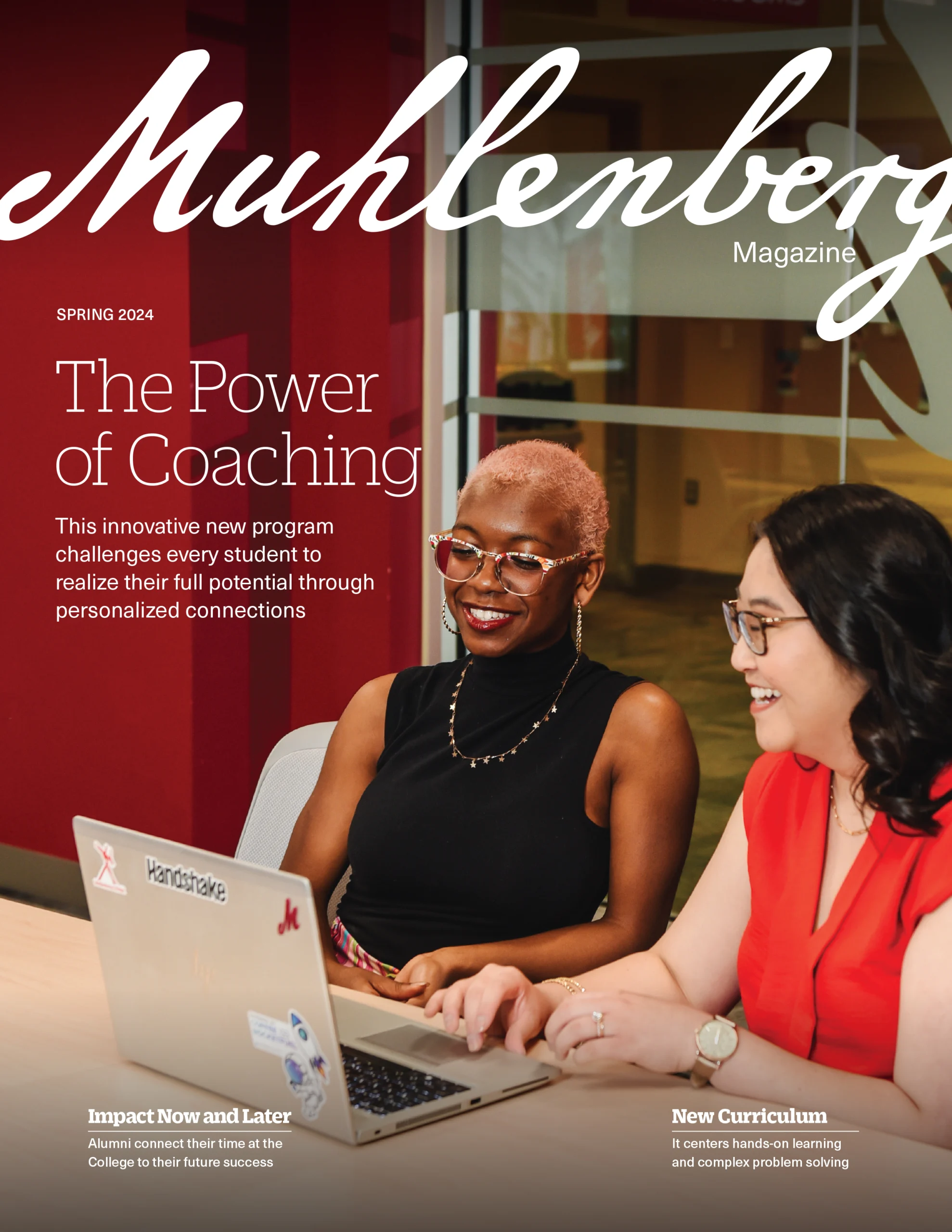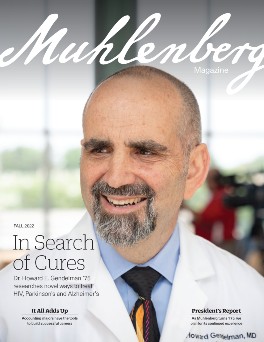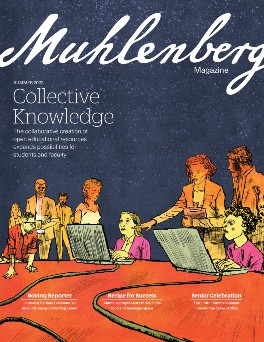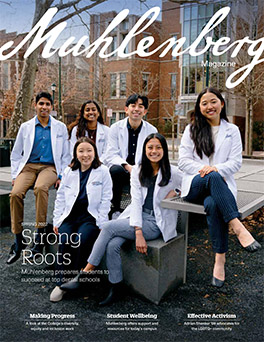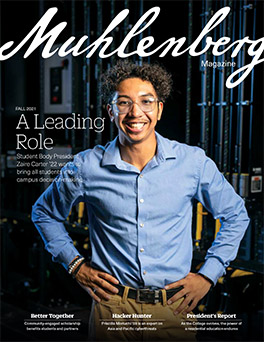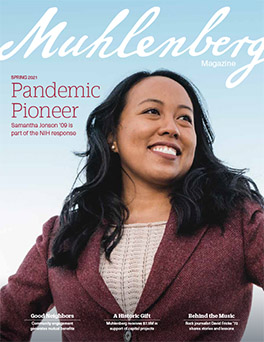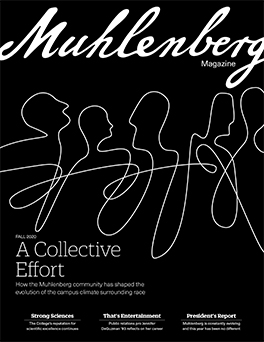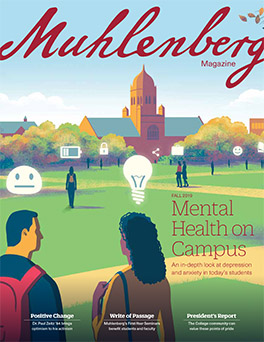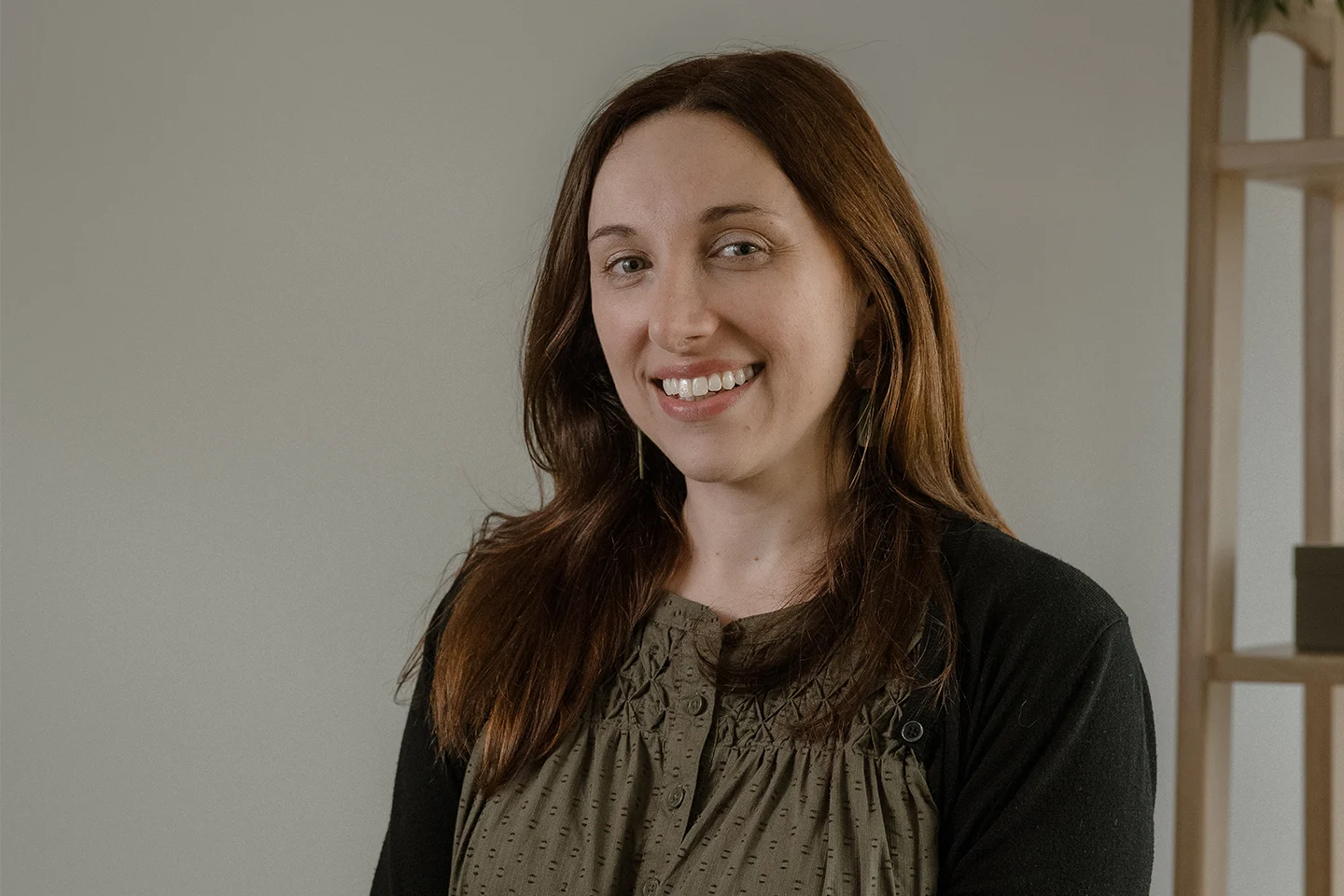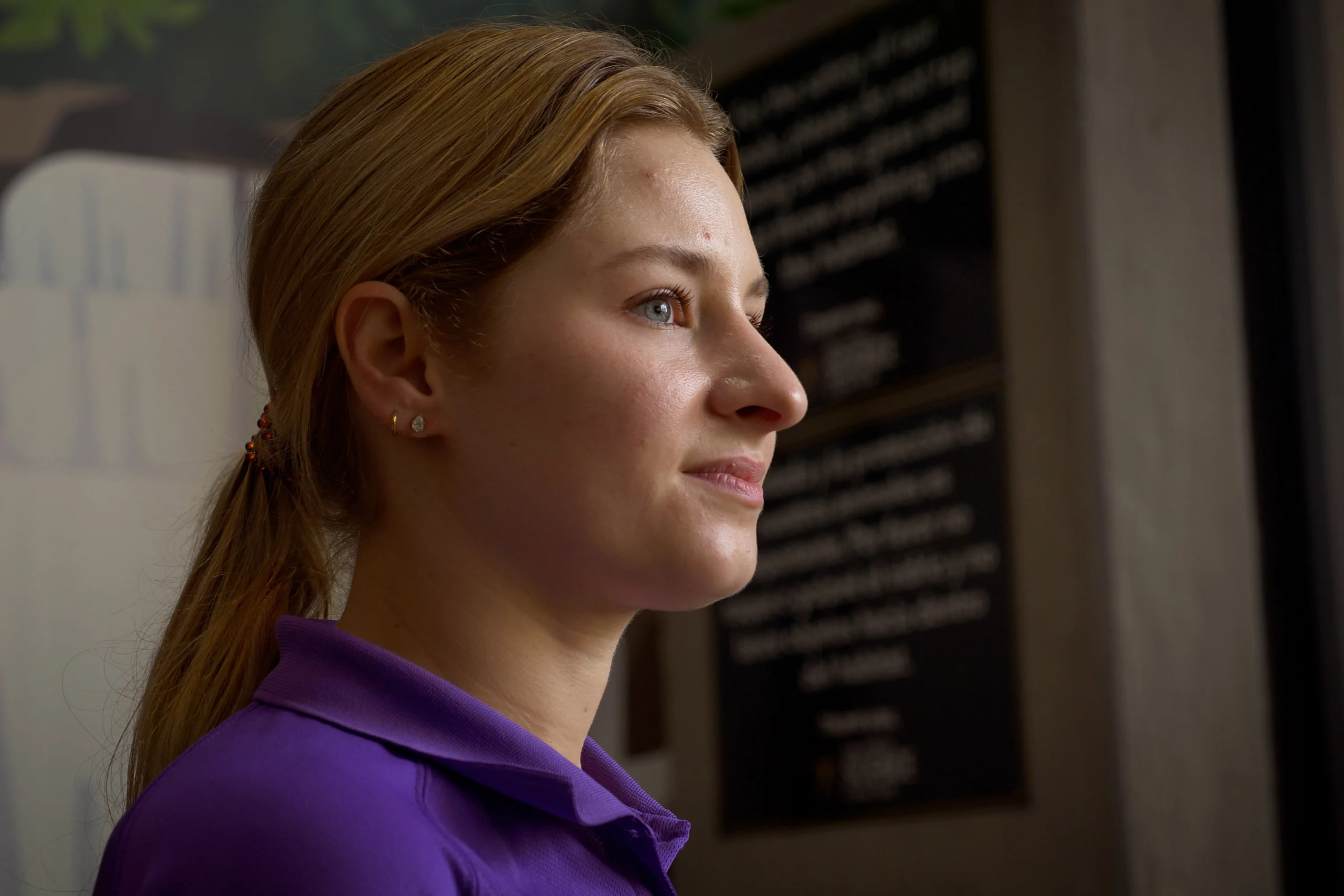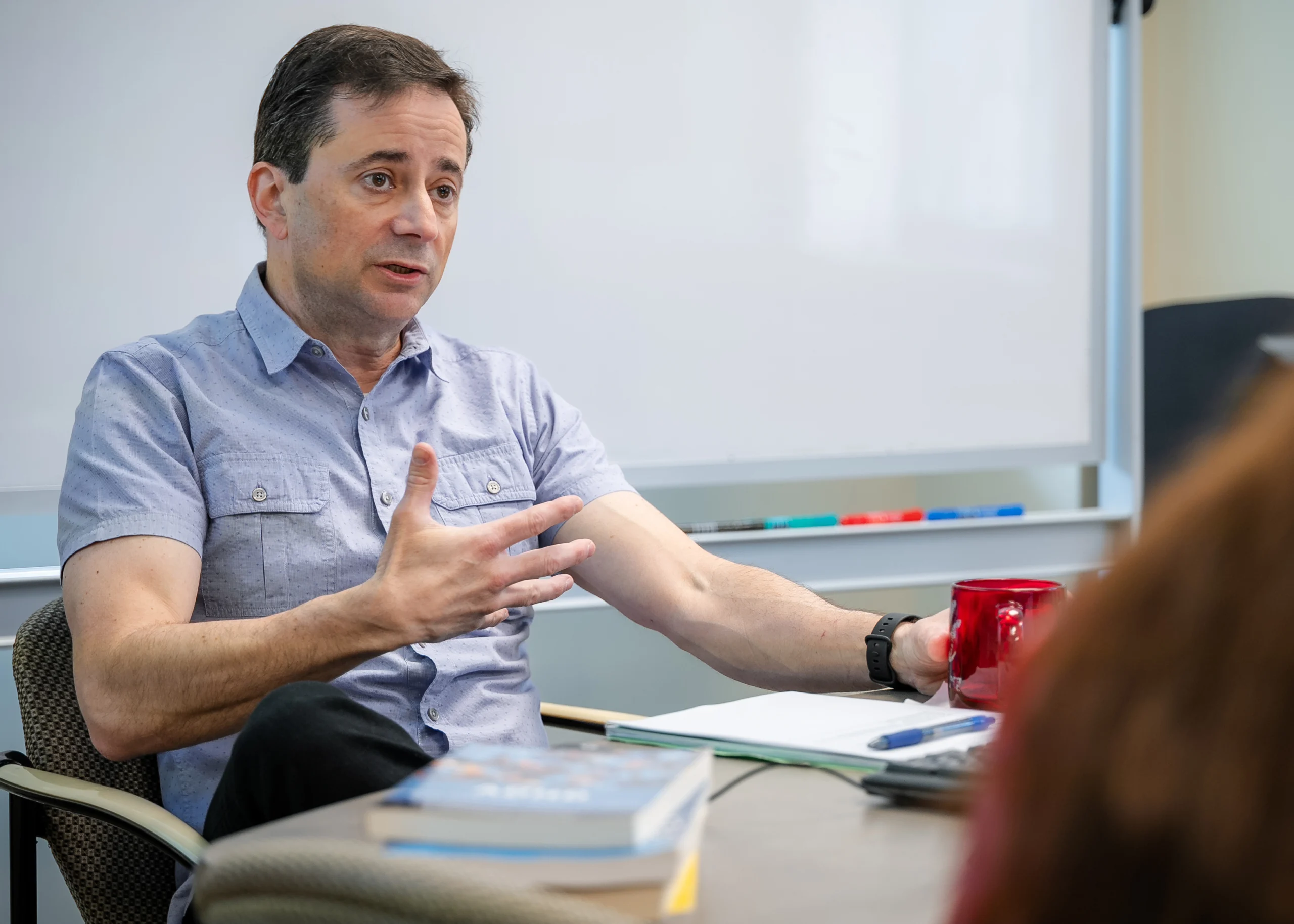
Why I Study Thriving with ADHD
Professor of Psychology Mark Sciutto explains how he became interested in psychology and exploring how people who have ADHD are thriving.
I was a first-gen college student, with virtually no exposure to psychology growing up. But, I always had a fascination with things that were difficult to understand, and there’s nothing more complex than human behavior.
My early aspirations never included teaching. In fact, I was terrified of public speaking. I started out wanting to do full-time clinical practice with adults. But, one of my professors changed my perception of teaching. He was not this aloof academic. He invited me to be in his senior seminar, and I discovered that every student in the class had to do a two-hour presentation. My heart dropped, but I did it and loved it. In grad school, I was terrified of not being able to do my own statistics for my dissertation, so I pursued a teaching assistantship for statistics to strengthen my skills. Through these experiences, I discovered I really loved teaching.
“I always had a fascination with things that were difficult to understand, and there’s nothing more complex than human behavior.”
I have an interdisciplinary degree in clinical and school psychology. I worked as a school psychologist as part of the training and after. It was a time when there was a rapid change in ADHD awareness, in the early ’90s. I started doing some work to measure people’s understanding of ADHD.
That work has evolved to explore the experiences of people who have ADHD and are thriving. We tend to think some of the core difficulties people with ADHD have (distractibility, being diverted by extraneous things in the environment, noticing everything) are always counterproductive. Really, it depends on context. In a classroom where everybody’s supposed to focus on the teacher, it’s problematic, but in other contexts, it might actually serve you well.
For example, we interviewed a few police officers, and one of them called distractibility “hypervigilance.” He said, “Hypervigilance is really helpful when I’m on patrol and it’s to my advantage to notice everything and shift attention quickly. When I’m at dinner with my fiancee, it’s not so good.” We talked to a bunch of entrepreneurs with ADHD. What we would call impulsivity in kids is what got those entrepreneurs over the hump in starting their businesses. This work has reinforced that we have a lot to learn from individuals with ADHD who are thriving.
In the end, so many of the reasons why I chose to study psychology show up in my classes. For instance, in my Developmental Psychopathology class, students work in local schools with kids with ADHD, autism, and other developmental disabilities. I want them to see that what these “disorders” look like in the textbook is really incomplete. It’s a course that’s closely aligned with my expertise and interests. The students shift their mindset and often their career paths based on what they experience.
“We tend to think some of the core difficulties people with ADHD have (distractibility, being diverted by extraneous things in the environment, noticing everything) are always counterproductive. Really, it depends on context.”



